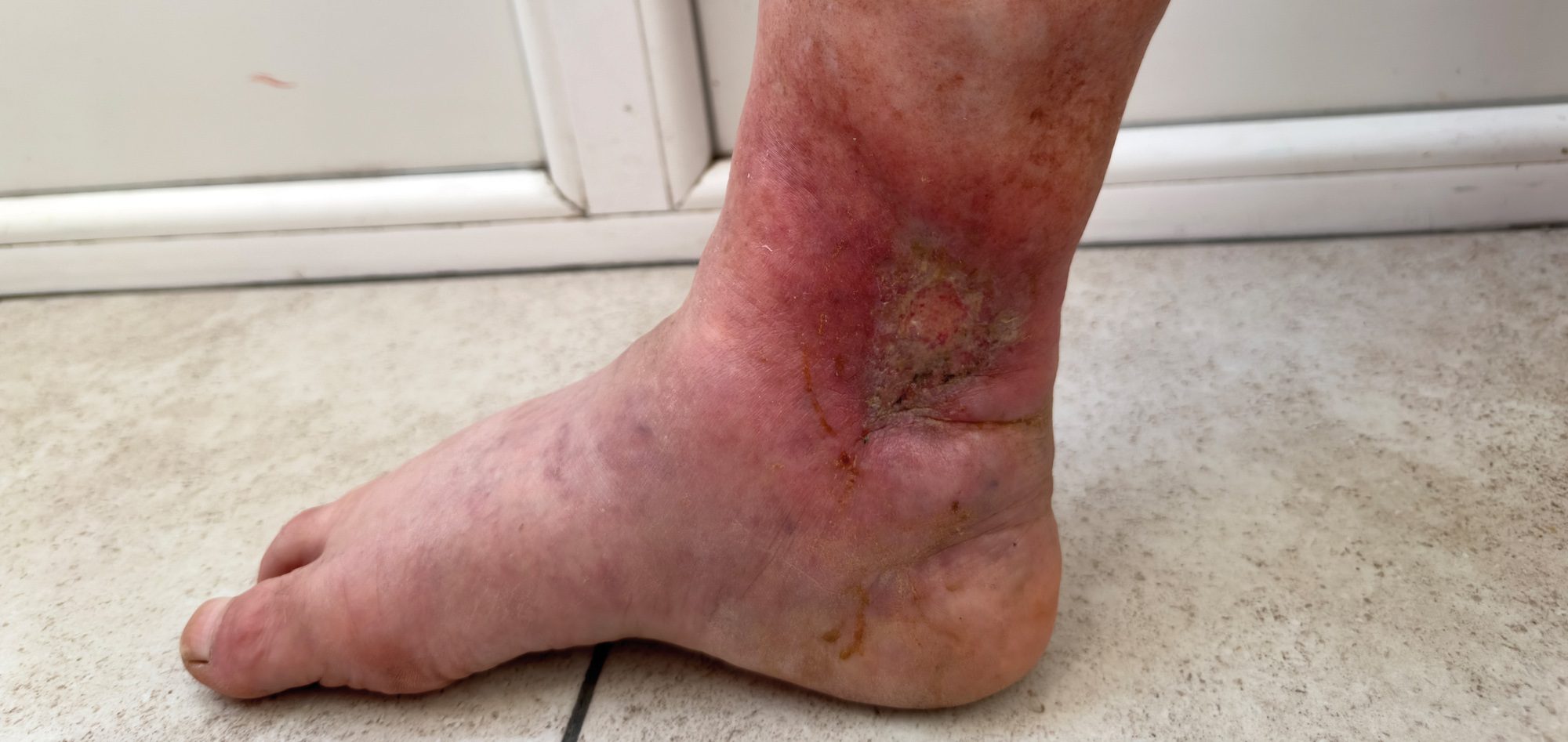The treatment of diabetic nephropathy (DN) has made significant progress in the past. Nevertheless, the number of diabetic patients who ultimately develop end-stage renal disease remains high. A combination of antidiabetic drugs with different mechanisms of action is the most effective treatment strategy. The mechanism of action of a combination of dapagliflozin and pioglitazone has now been investigated.
Diabetic nephropathy (DN) is a common chronic microvascular complication of both types of diabetes, leading to renal dysfunction and subsequent need for dialysis and organ transplantation. Although the primary initiating mechanism in DN is hyperglycemia-induced vascular dysfunction, its development is accelerated by a number of heterogeneous pathologic mechanisms, including oxidative stress and apoptosis. In monotherapy, dapagliflozin and pioglitazone positively modulate target organ damage, even independently of their blood glucose-lowering effect.
Aneta Čináková from the Department of Pharmacology and Toxicology at Comenius University in Bratislava, Slovakia, and her colleagues investigated whether simultaneous PPARγ activation and SGLT cotransporter inhibition provides better protection against DN-related oxidative and apoptotic processes in a T1DM rat model [1]. In Wistar rats (12 weeks, 220-250 g), diabetes was induced by streptozotocin (STZ, 55 mg/kg, i.p.) after overnight fasting. The rats were fed a daily diet containing dapagliflozin (10 mg/kg), pioglitazone (12 mg/kg) or a combination of both drugs. Six weeks after STZ administration, histologic and molecular analyses were performed on kidney samples.
Combination of Dapa and Pio proved to be no better
STZ-induced DN was demonstrated by the propagation of apoptotic (Bax, p53, Casp3) and oxidative reactions (Gp91phox, MnSOD) as well as impaired nitric oxide signaling (eNOS, Hsp90, Cav1). The expression of molecules that indicate kidney damage (Kim1, Nphs1) showed a slowdown in kidney damage under pioglitazone and dapagliflozin monotherapy. In addition, monotherapy also reduced apoptosis and oxidative stress and partially restored NO signaling. The combination therapy improved glomerulosclerosis, but only achieved the effect of the monotherapies in other measured parameters, with the exception of Hsp90 expression modulation.
The results of this study suggest that the combination therapy of the SGLT2 inhibitor dapagliflozin and the PPARγ agonist pioglitazone did not provide a modest additional renoprotective benefit compared to the drugs administered alone, despite normalized blood test results (serum creatinine levels, blood urea nitrogen and creatinine clearance). The renoprotective effect was only demonstrated for dapagliflozin, by improving renal function parameters and alleviating glomerulosclerosis. Both dapagliflozin and pioglitazone directly reduced the expression of oxidative stress markers and positively modulated the components of the nitric oxide (NO) cascade. Importantly, as the authors emphasize, the drugs also regulated the expression of apoptosis components such as Bax, p53 and caspase3 as monotherapies, but did not provide additional renal protection in combination.
Symptoms could be alleviated
Treatment with dapagliflozin, pioglitazone and their combination alleviated the symptoms of induced diabetes – hyperglycemia, cachexia, increased water intake and polyuria – and showed a limited effect on blood glucose levels. According to the authors, the decrease in urine output after administration of dapagliflozin could be caused by compensatory changes in medullary transport proteins. Pioglitazone also reduced urine output, probably by stimulating the sodium epithelial channels (Enac) in the kidneys, thereby increasing fluid retention. However, the study found no significant changes or correlations in the expression of Enac or other sodium-glucose cotransporters (SGLT), while Glut2 transporters were significantly downregulated by the therapies.
Dapagliflozin suppresses histopathological lesions of the kidney tissue
Chronic uncontrolled hyperglycemia led to renal dysfunction in rats that were not treated with STZ. In addition, histopathological changes in renal tissue indicated glomerulosclerotic lesions accompanied by abnormal expression of renal injury molecules (Kim1, Nphs1), which could indicate glomerular as well as tubular damage. This is typical for DN, write Aneta Čináková and her colleagues. The monotherapies and their combination showed a restoration of renal function and damage parameters. In correlation, dapagliflozin and the combination therapy also suppressed the histopathological lesions of the kidney tissue caused by hyperglycemia.
The Slovakian researchers point out that the kidney tissue of diabetic rats in their study showed reduced MnSOD expression, which was associated with upregulation of the NADPH oxidase subunit gp91phox. The monotherapies and the combination normalized the imbalance between the pro- and antioxidant enzymes.
Both dapagliflozin and pioglitazone exert a protective effect on the kidneys when used as monotherapy, the authors conclude. The combination therapy exerts an additive effect on the regulation of Hsp90 expression. In contrast, pioglitazone and dapagliflozin have a renoprotective effect when used as monotherapy. They positively modulate renal function parameters through their antioxidant and antiapoptotic activities and their ability to regulate the nitric oxide signaling pathway. These results suggest that dapagliflozin and pioglitazone have additional direct protective effects on the kidneys beyond their blood glucose-lowering effects, although pioglitazone could not completely prevent the development of glomerulosclerosis. Simultaneous activation of PPARγ and inhibition of the SGLT2 cotransporter provide only limited benefit in the treatment of diabetic nephropathy in experimental T1DM.
Literature
- Čináková A, et al: Combination of dapagliflozin and pioglitazone lacks superiority against monotherapy in streptozotocin-induced nephropathy. Sci Rep 2025; 15: 1464; doi: 10.1038/s41598-024-84487-w.
InFo DIABETOLOGY & ENDOCRINOLOGY 2025; 2(1): 35











